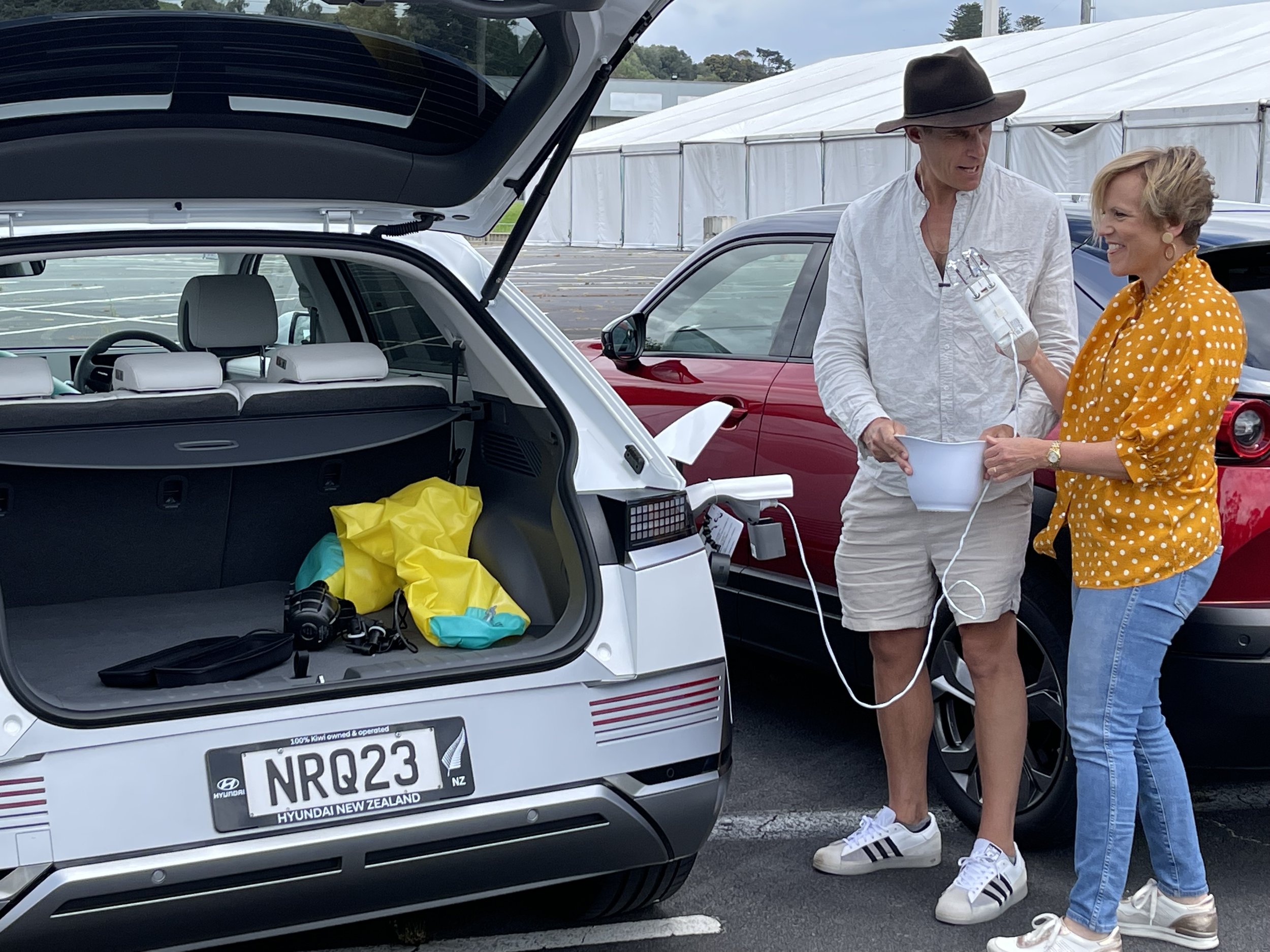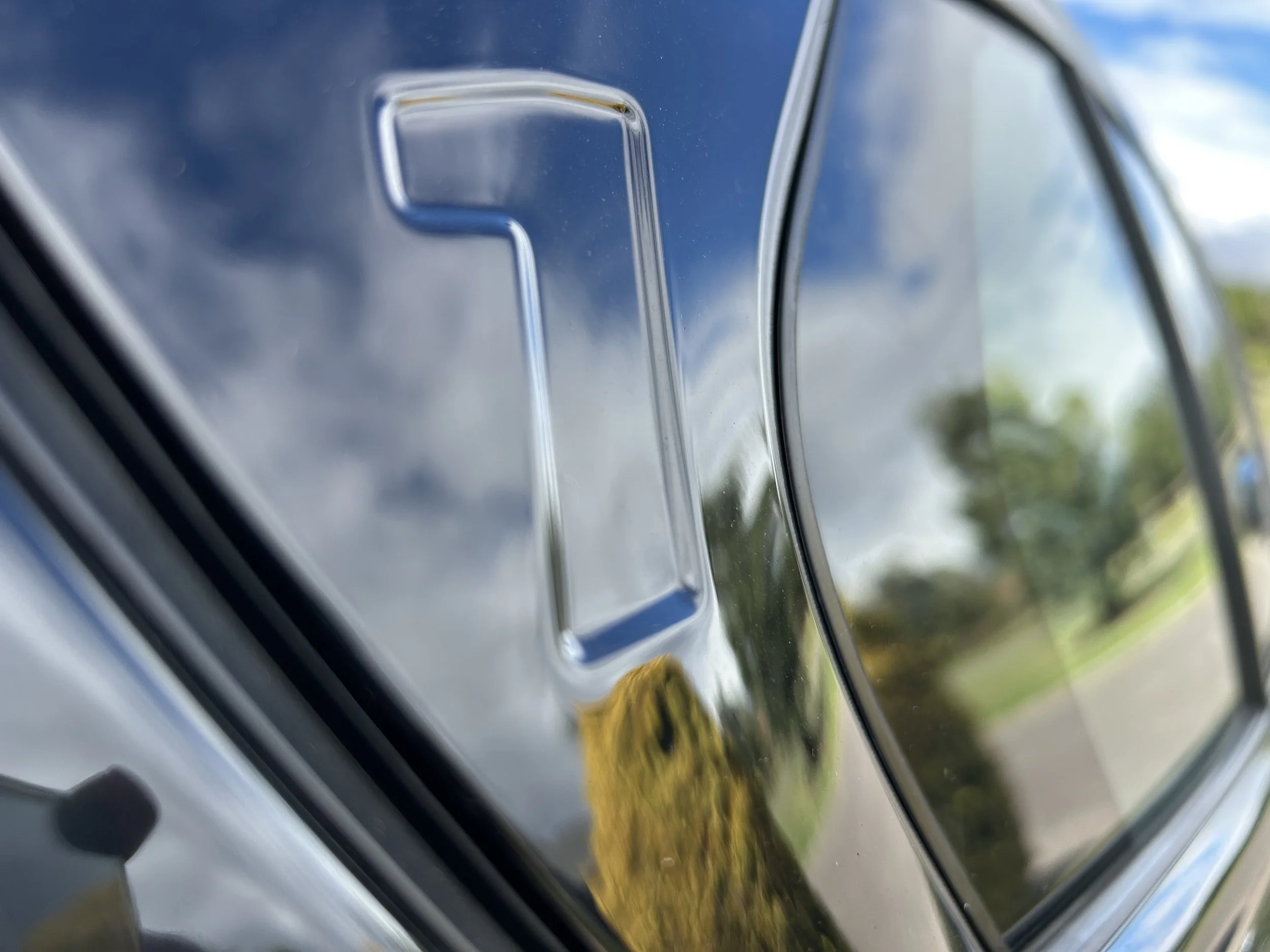Electric feel to 2021 NZ Car Of The Year
/All but one of the 10 finalists are electric-assisted to some degree and the other delivers zappy performance.
The 10 contenders for the 2021 NZ Car of the Year Trophy, also pictured.
‘BATTERY-included’ has become an overwhelming theme for the finalist selection for 2021 New Zealand Car of the Year, with all but one of the 10 candidates embracing electrification.
The importance of battery-involved mobility has been increasingly obvious to the New Zealand Motoring Writers’ Guild, the professional body for motoring journalists from around the country.
An organisation that has been declaring the annual award for more than three decades has rewarded cars with electric drive technology on three occasions since 2015.
However, this year brings the highest count of models available with that functionality vying for a prize whose prestige bases on it being a nationally-decided and commercially-unconstrained motoring award.
In alphabetical order, the candidates are the Audi e-tron GT, Ford Escape, Hyundai Ioniq 5, Kia Sorento, Mazda MX-30, Mercedes-Benz EQA, Peugeot 208, Skoda Octavia, Toyota Highlander and Toyota GR Yaris. The latter is the only model not availing in more than a pure combustion engine format.
The e-tron, Ioniq 5 and EQA are pure electric vehicles, the 208 avails in bespoke electric (e-208 GT) and lookalike fully petrol (208 GT) formats.
The MX-30 sells in full electric and hybrid (petrol-electric) models. The Escape, Octavia and Sorento present in plug-in hybrid guises.
The Kia is also available in a mild hybrid form, while it, the Skoda and the Ford additionally sell as pure internal combustion-engined models.
The Highlander sells in hybrid four-cylinder petrol form in addition to continuing to avail with a petrol V6 without electric assist.
The GR Yaris is a specialist turbocharged four-wheel-drive small hatchback that is modelled as a road legal development of the competition car Toyota fields in the world rally championship: Not electric but electrifying in spirit, perhaps.
The Guild, which represents the majority of the country’s motoring commentators, says the finalist selection underscores the rapid addition of electrified options to the country’s new car model lists.
It reflects in the wider democratisation of electric technology, with more models availing now across different spending zones.
Whereas the three previous electric cars to have won were from premium brands – the BMW i3 (in its range extender format) in 2015, the fully battery-driven Jaguar i-Pace and Mercedes EQC, respectively in 2019 and 2020 – this time the sole finalist availing for more than $100,000 is the Audi.
Seven Sharp hosts Jeremy Wells and Hilary Barry check out a unique feature of the Ioniq 5.
Also, six of this year’s finalists are eligible for Government’s Clean Car subsidies, which amounts to an $8625 reduction on the recommended retails.
Says Guild president Richard Edwards: “What is particularly significant in this year’s list of finalists is the presence of electric vehicles across a range of prices.
“Five of this year’s pure electric and plug in finalists are available at prices below the $80,000 threshold that allows them to qualify for the Government’s … discount scheme.”
The award winner will be decided by 24 Guild voting members and announced live on TVNZ One’s Seven Sharp programme next February. The finalists were revealed on the show tonight.
Guild members assess the finalists on a specified range of criteria. Factored in are how the vehicle performs its intended role; styling, interior design and accommodation; fit, finish and quality; ride and refinement; performance; road-holding and handling; value for money; active and passive safety and environmental responsibility.
(The author is a member of the NZ Motoring Writers’ Guild, will vote for NZ Car Of The Year and was on the finalists’ selection committee).



















